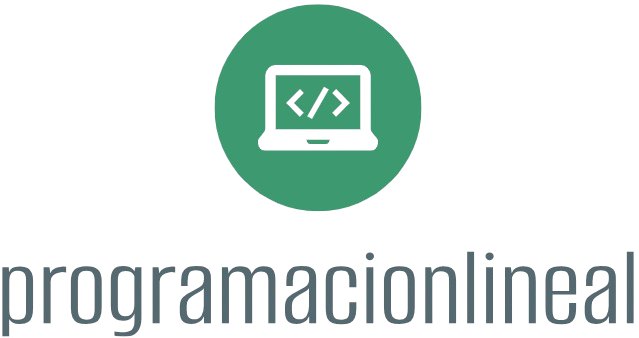Debugging is an essential skill for any developer. It involves identifying, isolating, and fixing bugs in your code to ensure it functions correctly. While it can sometimes be frustrating, mastering debugging techniques can make you a more efficient and effective developer. Here’s a guide to help you debug your code like a pro.
1. Understand the Problem
Replicate the Issue:
- Consistent Reproduction: Ensure you can reliably reproduce the bug. Understanding the conditions under which the bug occurs is crucial for diagnosing and fixing it.
Read Error Messages:
- Detailed Analysis: Pay close attention to error messages and stack traces. They often provide valuable information about the source of the problem.
Check Recent Changes:
- Identify Changes: If the bug appeared after recent changes, review the modifications to identify potential causes.
2. Use Print Statements
Insert Debugging Output:
- Track Variables: Use print statements to display variable values, execution flow, and function results at different stages of your code.
- Verify Assumptions: Print statements help verify your assumptions about how your code should behave.
Example:
python
Copy code
def calculate_total(price, quantity): print(f”Price: {price}, Quantity: {quantity}”) # Debugging output return price * quantity
Note: While print statements are helpful, they can clutter your code. Use them for initial debugging but remove them or replace them with proper logging once the issue is resolved.
3. Leverage a Debugger
Set Breakpoints:
- Pause Execution: Use breakpoints to pause code execution at specific lines. This allows you to inspect the state of your program at that point.
- Step Through Code: Step through your code line by line to observe the flow and identify where things go wrong.
Inspect Variables:
- View State: Inspect the values of variables and data structures to understand their state at different points in the execution.
Example Tools:
- Python: Use built-in debuggers like pdb or IDE-specific tools.
- JavaScript: Utilize browser developer tools or Node.js debuggers.
- Java/C++: Use IDE debuggers like Eclipse, IntelliJ IDEA, or Visual Studio.
4. Check for Common Issues
Syntax and Typographical Errors:
- Simple Mistakes: Verify that there are no syntax errors or typographical mistakes in your code.
Logical Errors:
- Review Logic: Ensure that the logic in your code aligns with your intended algorithm or process.
Boundary Conditions:
- Test Limits: Check edge cases and boundary conditions to ensure your code handles all possible inputs correctly.
5. Use Logging
Implement Logging:
- Detailed Logs: Use logging libraries to record detailed information about your application’s runtime behavior.
- Different Levels: Utilize different logging levels (e.g., debug, info, warning, error) to capture varying amounts of detail.
Example:
python
Copy code
import logging logging.basicConfig(level=logging.DEBUG) def calculate_total(price, quantity): logging.debug(f”Price: {price}, Quantity: {quantity}”) return price * quantity
Note: Logging is more flexible than print statements and is useful for debugging in production environments.
6. Analyze and Review
Code Review:
- Peer Review: Ask a colleague to review your code. A fresh set of eyes can often spot issues that you might have missed.
Static Analysis Tools:
- Automated Checks: Use static analysis tools and linters to detect potential issues and enforce coding standards.
Example Tools:
- Python: flake8, pylint
- JavaScript: eslint
- Java: Checkstyle
7. Consult Documentation and Resources
Review Documentation:
- Library/Framework Docs: Check the documentation for libraries and frameworks you’re using to ensure you’re using them correctly.
Seek Help Online:
- Forums and Communities: Use online forums, Stack Overflow, or community resources to find solutions to similar issues.
8. Iterate and Verify
Make Incremental Changes:
- Small Fixes: Apply fixes incrementally and test each change to ensure it resolves the issue without introducing new bugs.
Test Thoroughly:
- Comprehensive Testing: Test your code with various inputs and scenarios to ensure that the bug is resolved and no new issues are introduced.
Conclusion
Debugging is a critical skill that requires a methodical approach and the use of various tools and techniques. By understanding the problem, using print statements and debuggers, checking for common issues, implementing logging, analyzing code, and seeking external help, you can effectively identify and fix bugs in your code. Embrace these practices to improve your debugging skills and become a more proficient developer.











